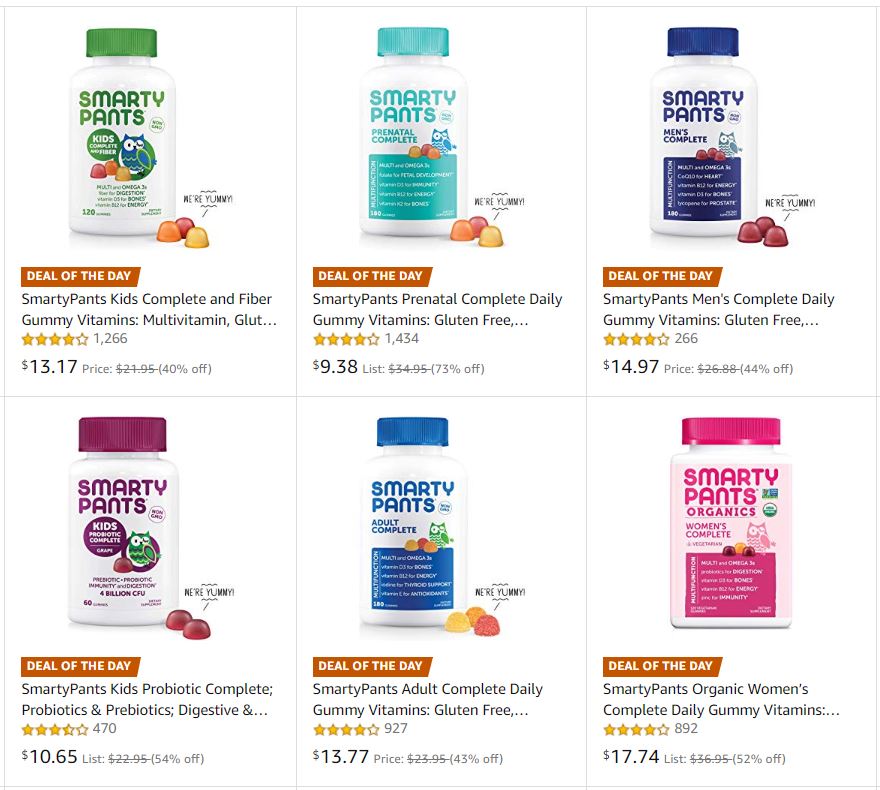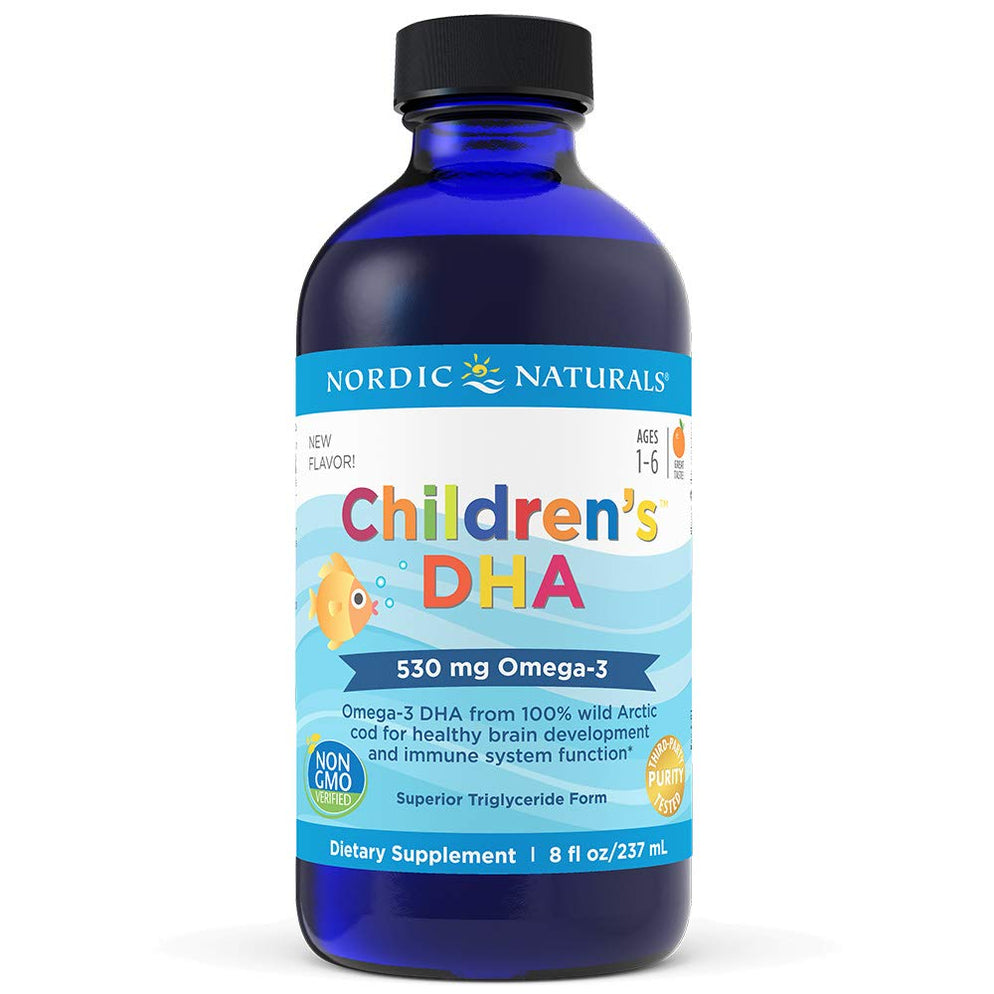
Vitamin C for ADHD: The brain uses Vitamin C - drawn out of the blood and cycled through the brain - to make neurotransmitters like dopamine and norepinephrine.Eating iron-rich foods - like red meat, dark chocolate, and leafy greens - can increase iron levels without the risk. All patients should get their iron levels measured by a doctor before starting a supplement. An important caveat, however: supplemental iron can be dangerous if too much is taken. The same study found that the children showed symptom improvement after taking an iron supplement for 12 weeks.

A small study found that children with ADHD had naturally lower ferritin levels, a protein needed to store iron in the blood.

You’re welcome).Vitamins - particularly zinc, iron, Vitamin C, Vitamin B, and magnesium - are critical to healthy brain function. (Pro tip: Never pop your prenatal on an empty stomach, or you’re sure to spend the next hour hovering over your toilet. To give your search a little gusto, here are the most edible (hell, even tasty) prenatal vitamins on the market that are not your mama’s horse pills. That’s why it’s important to choose a prenatal that you actually like-a.k.a don’t mind taking-considering you’ll be gulping that goodie down every damn day. The downside of prenatals? They don’t help with that morning sickness you’re feeling morning, noon and night. They also may help prevent postpartum hair loss, which (like it or not) happens to most of us some three to four months after delivery. In fact, studies have shown that taking prenatal vitamins may even help prevent birth defects.

Prenatal vitamins are a pretty big deal-they give your baby-to-be the nutrients needed to grow and develop properly. RELATED: 8 Best Nutritionist Recommended Vitamins & Supplements For Kids of All Ages

Sure, the pill and tablet varieties are still a thing, and your OB might even tell you they are a cut above the rest, but the reality is that most prenatals on the market today are filled with the same, good-for-you and good-for-baby stuff (folic acid, vitamins B, C and D, calcium, thiamine, riboflavin and the list goes on). Now, there are countless varieties available, from candy-like gummies to the quintessential protein shake. Thankfully, moms of today have fatefully avoided the prehistoric prenatal vitamin that our own mothers had to swallow - aka the near thumb-sized horse pill - during pregnancy (or breastfeeding).


 0 kommentar(er)
0 kommentar(er)
